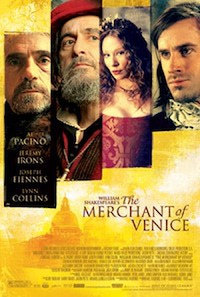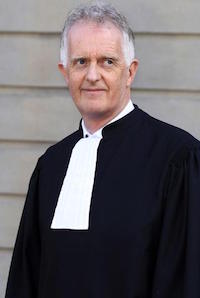The Manifest Destiny of Critics’ Fair Comment, Again

During the Summer, I wrote about the decision of the UK’s Court of Appeal in Associated Newspapers Ltd v Keith Burstein [2007] EWCA Civ 600 (22 June 2007), to the effect that an opera critic’s review of the defedant’s opera Manifest Destiny was covered by the defence of fair comment. The defendant sought to appeal to the House of Lords. Now, via MediaPal@LSE (see also Media Law Prof Blog) I learn that, at the end of last month, the House of Lords has decided not to hear the appeal on the usual ground the case “does not raise an arguable point of law of general public importance which ought to be considered by the House”. According to Ben Dowell in The Guardian, however, the undaunted composer intends to bring the case to the European Court of Human Rights (ECHR). I wrote at the time that the Court of Appeal decision was plainly good common sense, and very welcome for it; I am glad that the House of Lords has declined to hear the appeal; and I fully expect the European Court of Human Rights to dismiss the case as manifestly ill-founded (within the meaning of Article 35(3) of the European Convention on Human Rights (pdf)).…




